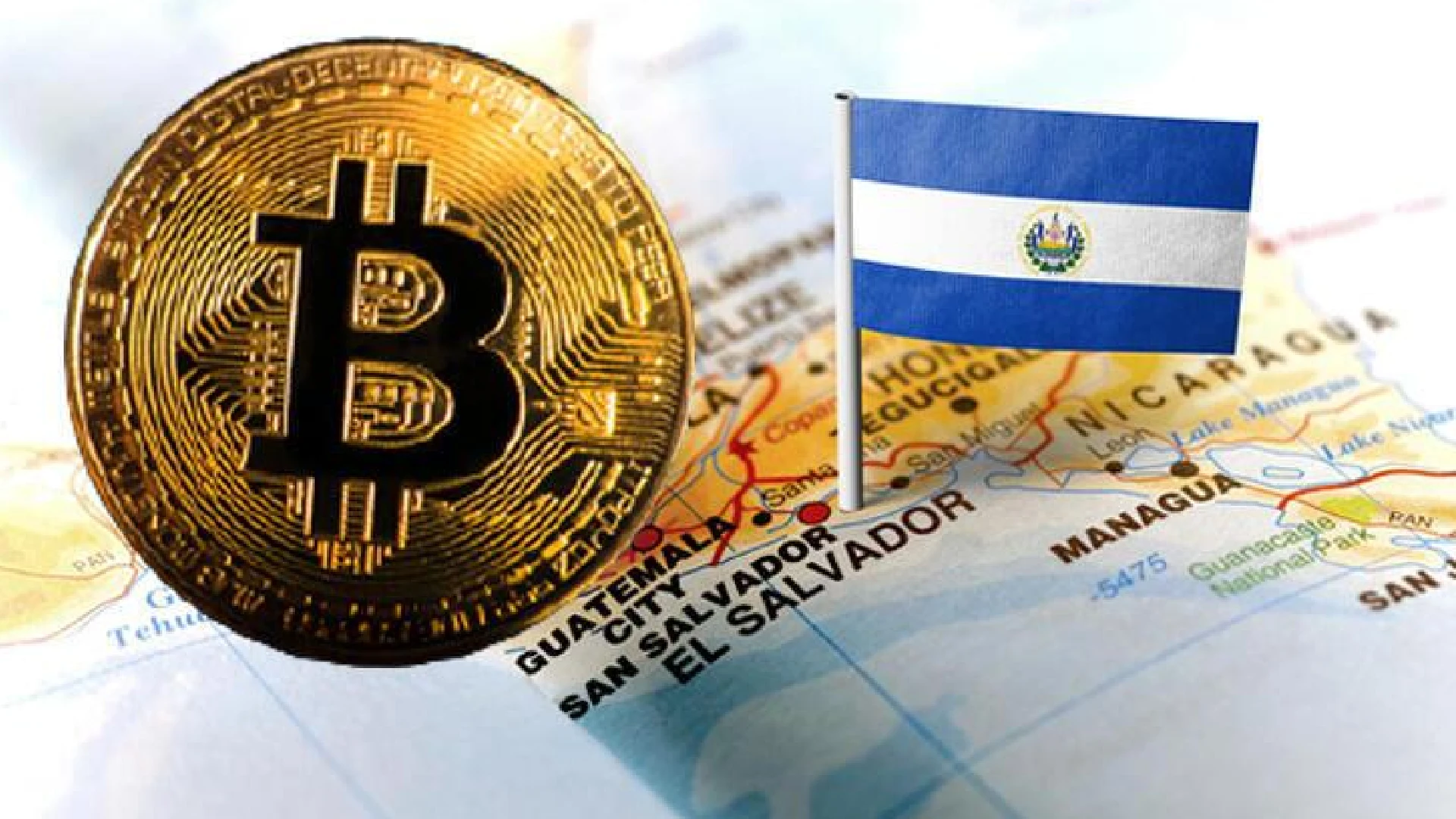Many Salvadorans posting on social media, some of the money from El Salvador’s state-issued Chivo wallets is reportedly missing.
In a Dec. 16 tweet by user “the commissioner,” at least 50 people in the country reported losses of more than $96,000 after the government set up Bitcoin (BTC) wallets. Users claim that some transactions, as low as $61, went to their Chivo accounts, and others said they lost thousands of dollars.
Hilo con algunos afectados por la Chivo Gualet.
1- $16,000 pic.twitter.com/EC3hehXKDz
— El Comisionado (@_elcomisionado_) December 18, 2021
“The wallet has been compromised, causing money and transactions to be lost,” said Luis Guardado, in a direct appeal to Nayib Bukele. What happened to my money? There is no technical support, just useless phone calls.”
Bukele estimates that 3 million Salvadorans use Chivo wallets, roughly half of the country’s 6.5 million residents. El Salvador’s first Bitcoin bill has been opposed by many in the country for various reasons, such as the volatility of cryptocurrencies and the potential for risks they pose to pension funds. In the days before the law went into effect on Sept. 7, protesters marched through the capital city of San Salvador, with some people managing to steal and burn Chivo kiosks.
El Salvador’s president has regularly taken to social media to promote BTC adoption and related projects, such as using geothermal energy from the country’s volcanoes to mine cryptocurrency and building a Bitcoin City initially funded by $1 billion in BTC bonds. Additionally, he uses the platform to announce his Bitcoin purchases to the world. As of publication, the country’s treasury held 1,391 BTC — roughly $71 million at the time of publication, with the price of the crypto asset hovering near $50,000 for the holidays.
